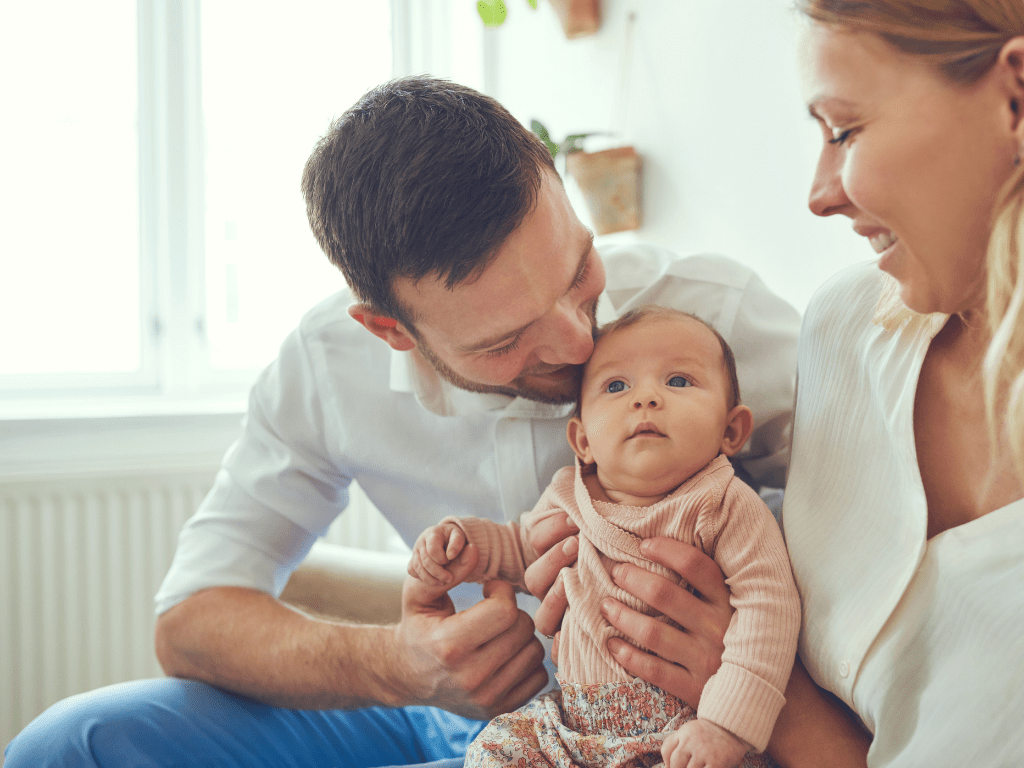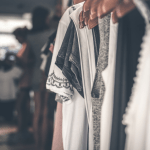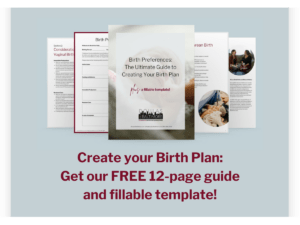New Parent Advice That Is Actually Horrible
As long-standing professionals in the birth industry, we at Doulas of Baltimore are exposed both to professional suggestions for how to parent, and opinions based on lore. Shockingly, some of the most “tried and true” pieces of new parent advice that have been passed down from are perpetuating lies.
How?
Either the bits of advice are unsafe, or they perpetuate stereotypes that make a new parent’s first days even more difficult than they already are. Also, isn’t the whole point of advice is to have learned wisdom from those who come before?
Here are a few pieces of “Advice” we wish would go away (in no particular order):
1. “Sleep when the baby is sleeping.”
What most people mean when they say this is when your baby takes a nap during the day, you should take a nap too. However, for most, this is unrealistic. Babies sleep in different cycles than adults, so having the capacity to nap and have that nap be restful, is not necessarily a correlation that makes sense for most new parents.
Also, for most modern day parents, when a child is napping is usually when they can tend to themselves if they do not have help – like shower, eat, and communicate with other adults; do activities that help them restore a feeling of personal autonomy, or help to organize what is happening or needs to happen next in their life.
For most families, this piece of advice does nothing but increase the feeling that as a new parent, you are out of your league.
We say ditch this one as soon as possible.
2. “Don’t leave the house until 40 days have passed.”
Many cultural customs are becoming more mainstream. One of them is the postpartum traditions of being cared for and nurtured for 40 days after birth.
It sounds idealistic.
It sounds lovely.
It sounds downright mythical.
One of the realities not discussed when this piece of advice is shared is the reality that modern parents are usually responsible for getting their infants to medical appointments in the first weeks of life. Also, beyond these appointments (for some who choose homebirth, these appointments may happen in their home) many healing parents are not equipped to be isolated from support systems that are only accessible by venturing out.
It may seem silly to say seeing your favorite barista is part of your healing process after birth, but we’ve heard the stories of women who needed to get out of the house with their baby.
They needed the escape.
They needed a view of their old normalcy.
They needed to see their friend!
Not leaving your house for 40 days is only possible when there are systems in place to fulfill all physical and emotional needs of healing parents, AND the desire is present in the parents themselves. If this is advice place on a family and feels like a punishment, it has the potential to harm.
3. “Don’t take your baby outside before they are two months old.”
This little gem of advice is similar to the last “advice” in that it plants the seed that healing is equated with being secluded and at home. It is common knowledge that infants have a compromised immune system, and, it is possible to have an outing with small babies before they reach the CDC’s recommended time for starting a vaccine schedule.
For many new parents, feeling confined for this period can negatively impact their mental health, while also sending the wrong message about how germs travel through the general public.
If you feel like you are on pins and needles and taking your baby for an outing would help you, there are ways to make this happen that can be beneficial for you, and can be safe for your baby.
4. “Don’t even start pacifiers, because you will never get rid of that thing.”
While this piece of parent advice shared from a place of good intentions, it is usually a reflection of personal experience gone awry.
Pacifiers are a tool.
They can be used in various situations.
They can be used successfully with babies who are fed by breastmilk, and formula both.
While there is no guarantee that your child will use a pacifier, trying it as a way to help soothe a baby with a need for oral stimulation is often a great help to parents.





